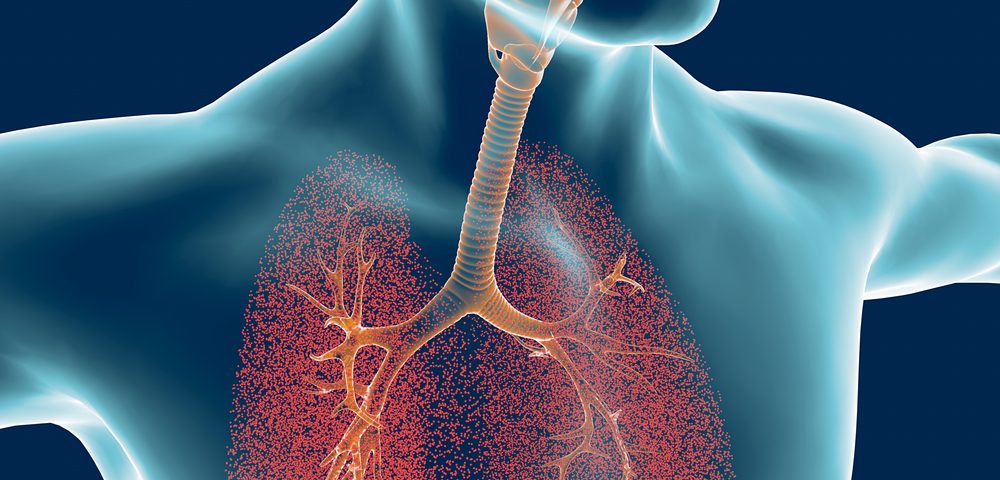Renovion has secured $8.1 million in funding for the clinical development of ARINA-1 (ascorbic acid), an experimental nebulizer therapy to clear mucus and reduce inflammation in people with non-cystic fibrosis bronchiectasis and cystic fibrosis (CF).
The funding also will allow Renovion to launch a Phase 2/3 pivotal trial in the U.S. early next year. That trial will investigate ARINA-1 among people with lung transplants.
“This funding will be instrumental in progressing our clinical programs in patients suffering from chronic lung diseases,” Dan Copeland, CEO at Renovion, said in a press release.
People with a lung transplant or chronic lung disease such as CF or bronchiectasis experience high levels of mucus production and inflammation. Among possible causes are defects to the hair-like projections in the lungs, called cilia, that clear out mucus, and chronic respiratory infections that impair immune system responses.
An inhaled formulation of ascorbic acid, or vitamin C, ARINA-1 is designed for twice daily use. According to Renovion, the therapy is intended to restore mucus clearance and reduce inflammation caused by immune system alterations and infections in the airway.
ARINA-1 has been granted orphan drug designation by the U.S. Food and Drug Administration for the treatment of people with lung transplants and CF. That designation qualifies the developer for various incentives, including tax credits.
The treatment is administered via the investigational eFlow nebulizer, developed by Pari Pharma, which enables short inhalation times. The device is small and light, and provides feedback during inhalation, according to Pari.
Initial studies investigating ARINA-1 in patients have indicated that the treatment has a strong safety profile, Renovion said. Clinical and preclinical studies also have suggested that ARINA-1 provides a significant benefit in clearing mucus and reducing inflammation, according to Copeland.
“There are limited options available and we see a great opportunity to help these patients,” Copeland added.
In people with CF, ARINA-1 showed greater efficiency in clearing mucus than hypertonic saline, suggesting benefits in other lung diseases.
“Importantly, CF mucus is emblematic of difficult to treat mucus in other airway diseases,” said Steven Rowe, MD, director of the Cystic Fibrosis Research Center at the University of Alabama at Birmingham.
“As ARINA-1’s mechanism is multi-faceted, it also has the potential to help in other diseases,” he said.
The funding was led by White Rock Capital Management of Dallas as part of a Series A financing round.

